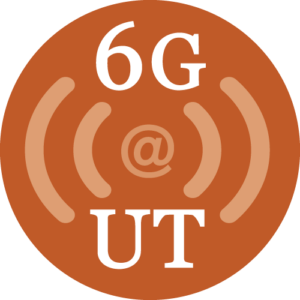The GAO Report to Congressional Requestors titled “Unmanned Aircraft Systems” notes that:
“GPS spoofing has also been identified as an emerging issue. Encrypting civil GPS signals could make it more difficult to “spoof” or counterfeit a GPS signal that could interfere with the navigation of a UAS. Non-military GPS signals, unlike military GPS signals, are not encrypted and transparency and predictability make them vulnerable to being counterfeited, or spoofed. In a GPS-spoofing scenario, the GPS signal going from the ground control station to the UAS is first counterfeited and then overpowered. Once the authentic (original) GPS signal is overpowered, the UAS is under the control of the “spoofer.” This type of scenario was recently demonstrated by researchers at the University of Texas at Austin at the behest of DHS. During the demonstration at the White Sands Missile Range, researchers spoofed one element of the unencrypted GPS signal of a fairly sophisticated small UAS (mini- helicopter) and induced it to plummet toward the desert floor. The research team found that it was straightforward to mount an intermediate- level spoofing attack, such as controlling the altitude of the UAS, but difficult and expensive to mount a more sophisticated attack. The research team recommended that spoof-resistant navigation systems be required on UAS exceeding 18 pounds.”
Continue reading the GAO report (GAO-12-981).



